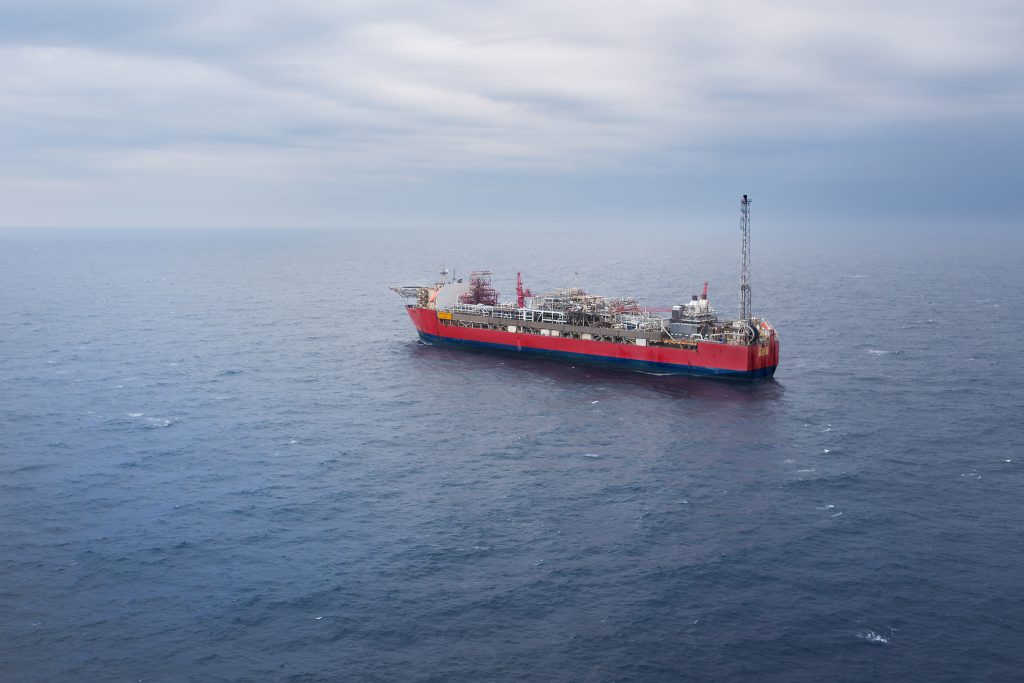
One of the UK North Sea’s largest undeveloped oilfields is likely to be “significantly greater” than was previously thought, it emerged yesterday.
Hurricane Energy, which has a portfolio of wholly-owned exploration and appraisal projects focused on fractured basement prospects west of Shetland, said recent drilling results for its 200million barrel-plus Lancaster asset were “highly encouraging”.
In an update with first half results, the company revealed high flow rates of 6,600 barrels of good quality oil were achieved.
Guernsey-based investor Crystal Amber, which has been building its stake in Hurricane on the basis that Lancaster could be the tip of a large iceberg, “believes that these results materially de-risk the assets for further development”.
Hurricane chief executive Robert Trice said: “Our efforts during the first half to bring on board sufficient funding to deliver a two-well drilling programme this year came to fruition in May, with the investment of £52.1million by Kerogen (Capital) and other institutional investors.
“This enabled Hurricane to take advantage of the availability of the Transocean Spitsbergen drilling rig and begin, in June, a two-well drilling programme on the Lancaster field.
“The interim results of the first well in the drilling programme have been highly encouraging, confirming a significant oil column deeper than the 2C case (best estimate of contingent resources) set out in Hurricane’s CPR (competent person’s report).
“Our initial assessment of the well results suggest that the Lancaster field is likely to be significantly greater than the 200million barrel 2C Case currently estimated.”
Mr Trice said drilling of a horizontal sidetrack well was under way , adding: “We look forward to reporting results of this later in the fourth quarter.”
Hurricane’s results revealed pre-tax losses of £1.79million for the first half of 2016, against losses of £3.2million a year ago.
There were no revenue figures because the Surrey-based company, launched by Mr Trice in 2005, has no producing assets.
The firm has 100% control of around 450million barrels of 2C contingent resources – potentially recoverable but not yet considered mature enough for commercial development due to technological or business hurdles – in the UK North Sea.
It has previously said first oil could flow from the Lancaster discovery as early as the first half of 2019.
Hurricane is focused on developing oil from naturally fractured “basement” reservoirs in rock that was formed more than two billion years ago.
Lancaster was the first asset to be drilled and it proved to be a significant discovery. The initial 207million barrels of oil equivalent (boe) figure for contingent resources was based on proved and probable reserves.
A wider measure including undrilled but potentially recoverable resources took the estimated total to more than 450million boe, buried 4,000ft beneath the seabed and spread over an area the size of central London.
Recommended for you
